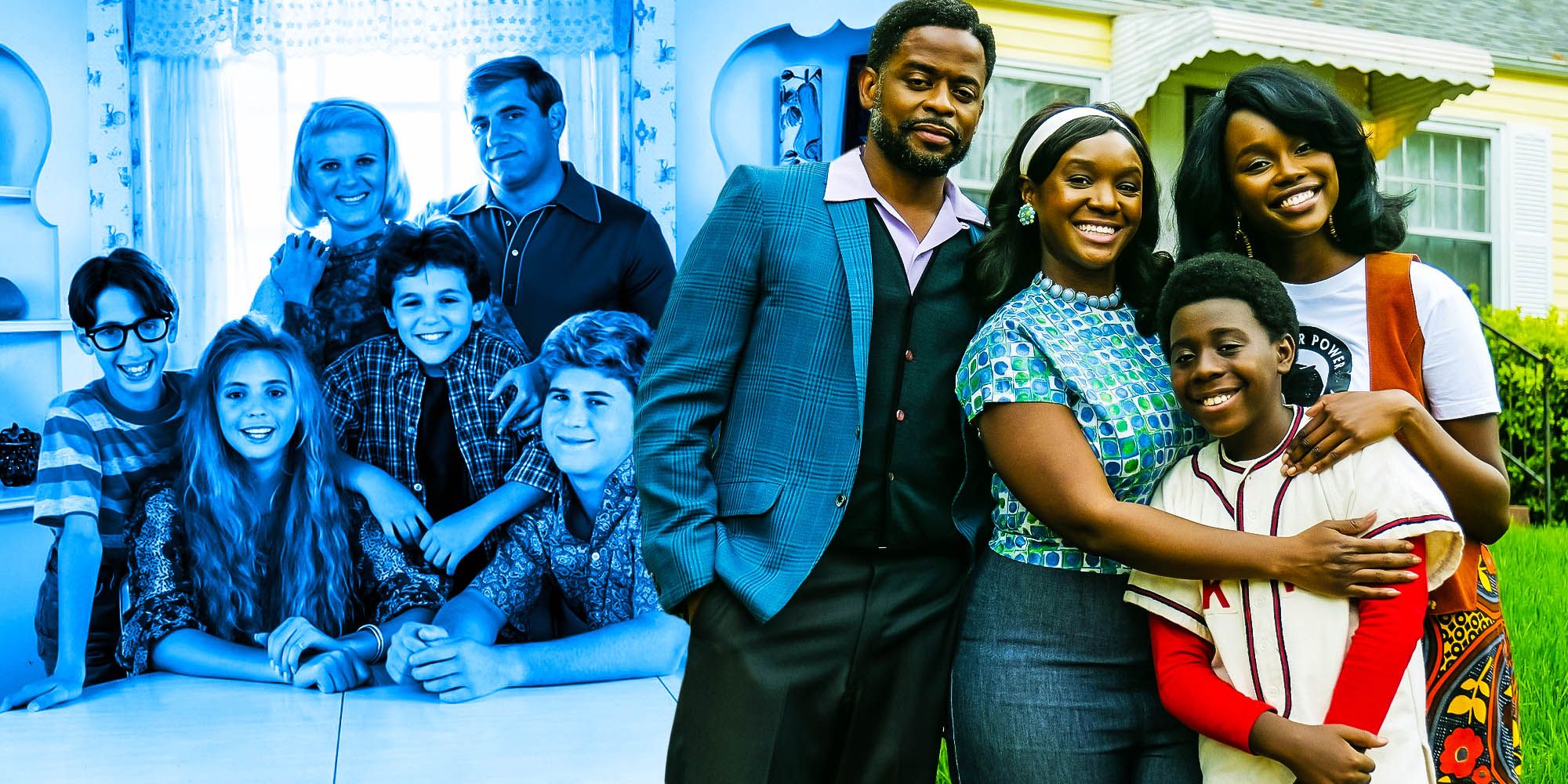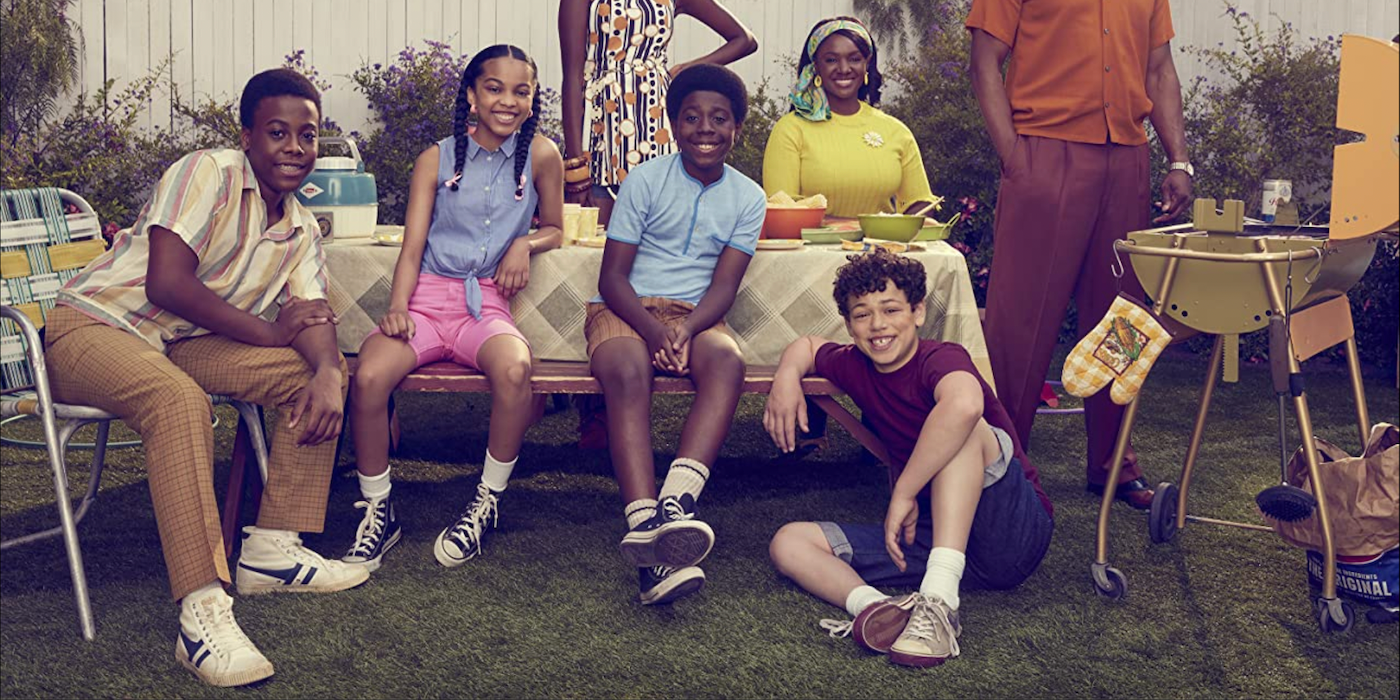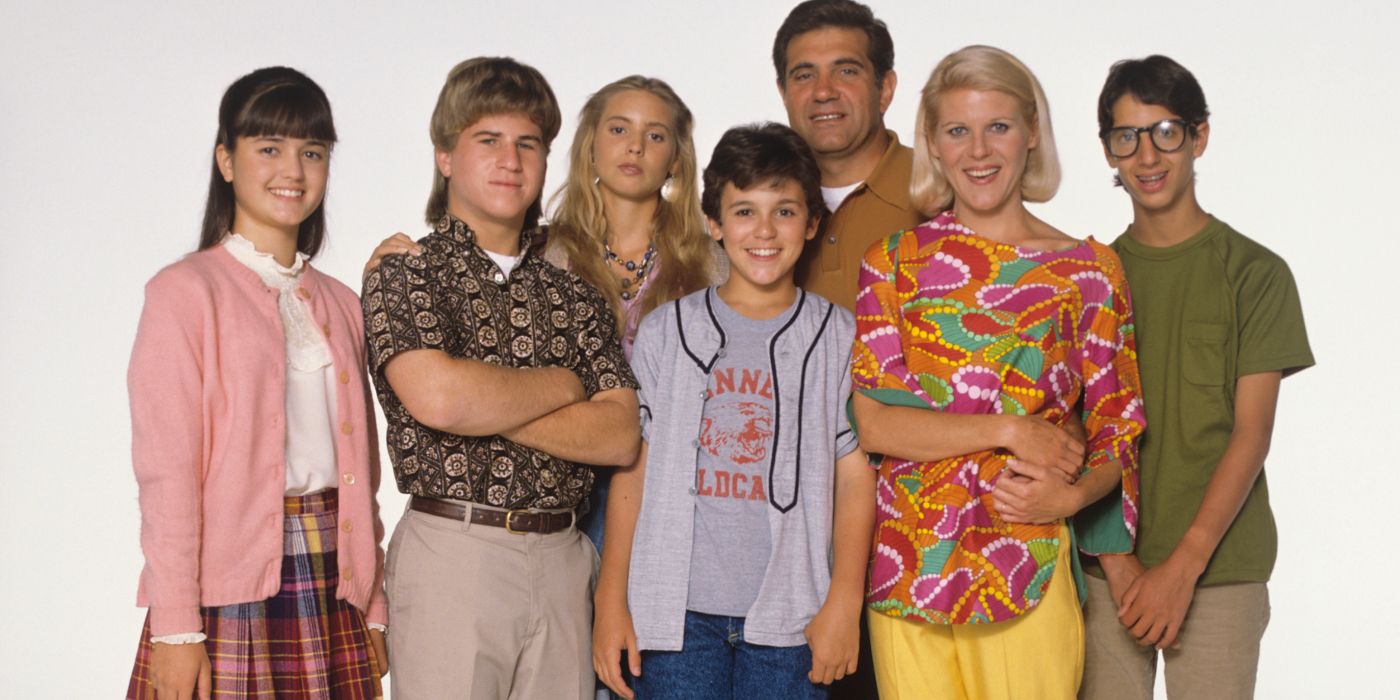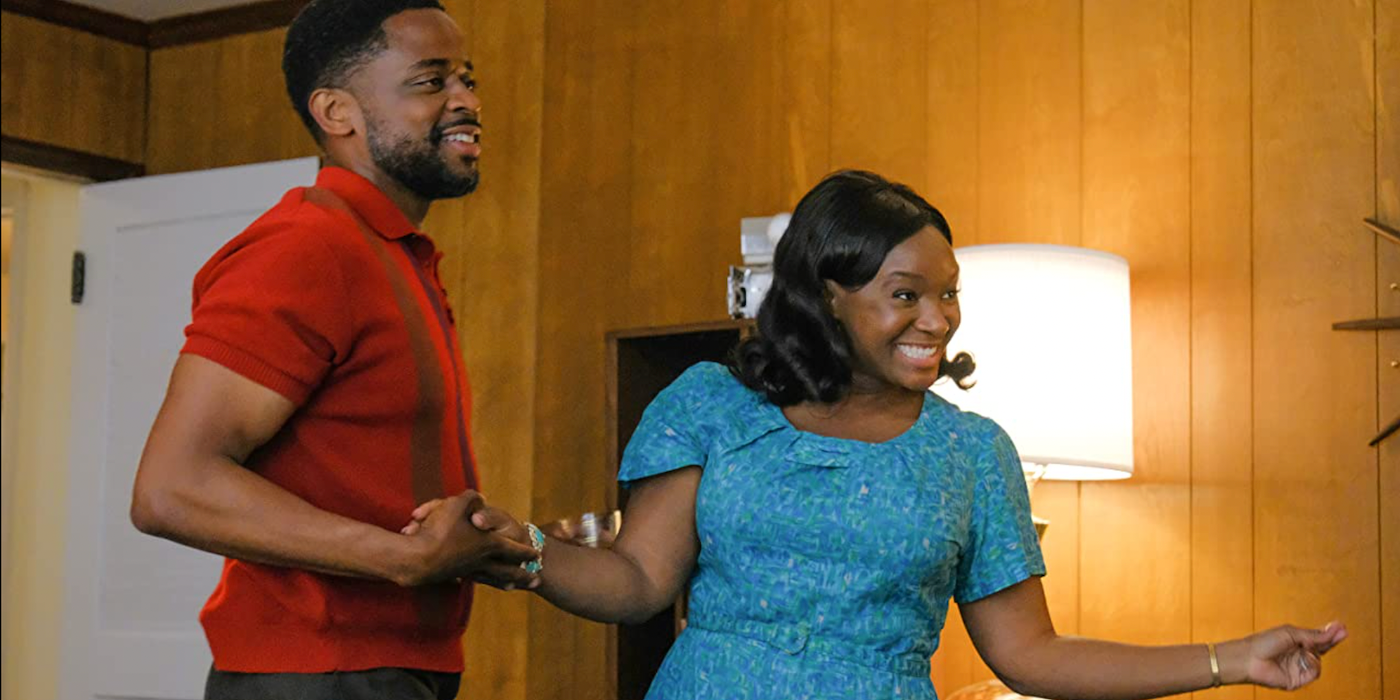In an increasingly growing arena of reboots, ABC’s new iteration of The Wonder Years stands out among the crowd; here's how it compares to the original show. From executive producers Lee Daniels (The United States vs. Billie Holiday) and original series star Fred Savage (The Wonder Years) comes the re-envisioning of the popular family dramedy for a new, informed generation. The series centers around Dean Williams (Elisha Williams), the youngest of three children in a Black family, who navigates adolescence, race, and politics in a Montgomery, Alabama neighborhood of the late 1960s.
Whereas the original series had a main and supporting cast that was overwhelmingly white, the Wonder Years reboot offers a diverse cast and doesn’t shy away from the racial conflicts of the era. In fact, both versions of the series start out in the exact same year, 1968, and it’s an interesting comparison to make that the pilot of the original acknowledges the murder of Robert Kennedy while the latest take makes a statement about the significant impact of the assassination of Martin Luther King, Jr. While the nuclear family structure presented in each is similar - father, mother, two sons, and a sister - the similarities pretty much end there.
The Wonder Years draws direct contrast to its predecessor straight out of the gate, mentioning how white populations (such as that of the original Wonder Years' cast of characters) were flocking to suburban communities to be safer than in the inner-city communities people of color called home and thought equally as safe. One of the best aspects of the reboot is that it distinguishes itself from the original by showcasing racial disparities while at the same time drawing comparisons to current events viewers are all too familiar with. That the opening monologue describes the times references Black parents talking to their children about police, the world escaping a pandemic (flu), a presidential election that created a racial divide, and the previous summer’s race riots won’t be lost on anyone.
What The Wonder Years Reboot Does Better Than The Original
The relatability to people of all different walks of life is perhaps the greatest singular achievement of this installment of The Wonder Years. While very much about the Black experience of the times, the show invites everyone in with parallels to modern life showcased in the precipitous place in history the Williams family finds itself in. Add to that coming-of-age stories like standing up to your parents, falling in love, and making friends with people who don’t look or live like you, and the ingredients are ripe for captivating entertainment for the whole family.
It’s interesting, too, that a modern update to a series about the past takes the opportunity to address some blind spots for the current generation of viewers. Gone is the man as the sole breadwinner of the family; likewise, the dynamic is one where the children may get scolded for talking back to their parents but don’t feel stifled from speaking up. The integration of MLK, Jr.’s assassination as the key emotional shift at the end of the first episode shines and, for some, may prove more impactful than the reveal that Winnie's brother has died in Vietnam in the original series.
What The Original Wonder Years Does Better
Whereas the reboot series offers a greater exploration of the racial and political tensions of the times, the 1988 show bests the reboot in certain areas as well, first and foremost in the area of sibling dynamics. For example, in the Wonder Years reboot, Dean's brother is the one serving overseas in Vietnam for the entirety of the pilot (and ostensibly beyond). In the original series, however, Kevin Arnold was picked on by his older brother, Wayne, a pattern that would play out for years to come and that offered the opportunity for real growth for both characters.
Additionally, the Arnold family wins where love interests are concerned. Winnie (Danica McKellar) is far more fleshed out in her pilot than Keisa (Milan Ray) has an opportunity to be, which may have been by design to hold back the twist at the end of the episode. Yet, despite references to Dean’s mother working, the female characters in the reboot are overall less present than in the version made three decades years ago. While it’s understandable Dulé Hill would garner significant screen time as Dean’s father, reducing his mom (Saycon Sengbloh) to a supporting role felt like a missed opportunity.
Which Wonder Years Is Better Overall?
In the end, it’s unfair to compare the two shows. For inclusion alone, the reboot stands above its namesake which was very much a series of its time. The exploits of Fred Savage's Kevin Arnold as a child and his family and friends were event television in an age with far fewer choices but it is beloved for a reason as a classic TV series. The current reboot will face a more difficult challenge reaching a wider audience; however, anyone who does tune in likely won't regret dedicating their time to such a remarkable series.
As with any new show, time will tell for the ultimate judgment of its success, but the pilot knocks it out of the park in terms of offering an updated take on The Wonder Years. Where the original series stuck to coming-of-age cliches, the reboot adds a welcomed layer and depth by injecting race, identity, and tolerance into a compelling narrative about life in the 1960s. This is a series with a lot to say and hopefully, ABC gives it the space - and the time - to do so.




